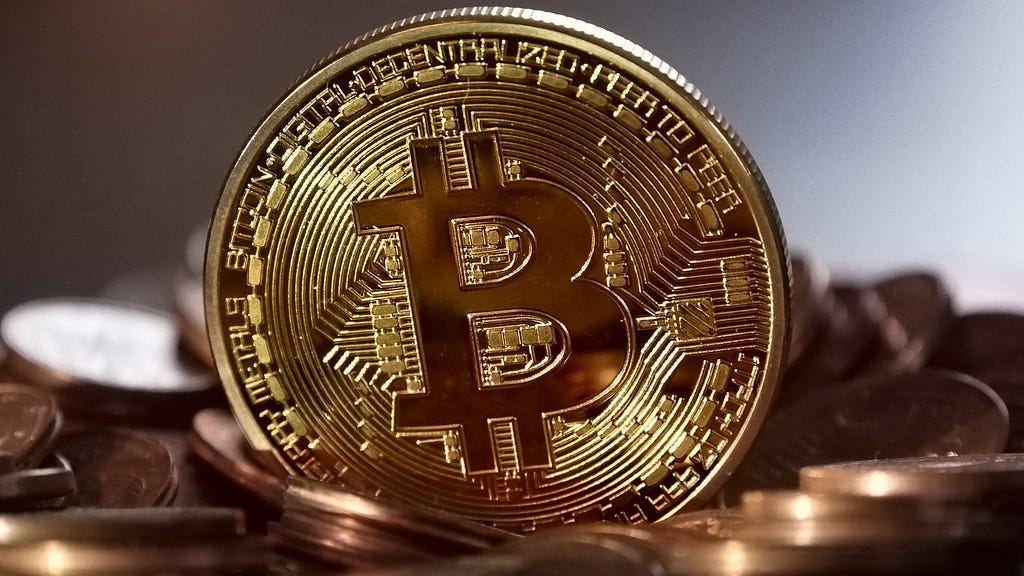Latest news about Bitcoin and all cryptocurrencies. Your daily crypto news habit.

Whatever Satoshi Nakamoto is, was, are or were he/she/they/it made a lot of really influential decisions during a very short time span. Satoshi, if still alive, is arguably still doing the cleverest thing possible in this space every day — nothing. Just like every hodler out there knows, doing nothing is among the most effective ways of making Bitcoin more valuable. Not moving it makes the available amount even scarcer which drives up prices as long as there’s a demand for it. But Satoshi’s exit from everything was even smarter than that. It indirectly gave Bitcoin legitimacy.
By leaving, Satoshi ensured that Bitcoin continued to be censorship resistant and governed only by its consensus rules. No single entity, not even Satoshi, could ever tamper with the basic governance principles of Bitcoin again. Yes, anyone can fork the code or construct their own cryptocurrency but only Bitcoin is guaranteed to be tamper proof in the long run. Should Satoshi decide to move his stack he would instantly catapult himself into the top 50 richest people on earth club. The general guess among analysts is that the price of Bitcoin would plummet after such an event but on the other hand that’s what everyone said before the bitcoin cash fork as well. In the long run it wouldn’t really matter though since the total amount is limited to 21 million regardless of what any single entity chooses to do with their coin.
Every other cryptocurrency has a founder, an inventor, a lead programmer or some other potential leader or guru whose words are held in higher regard than the words of anyone else in that community. Bitcoin does not. In this regard it is truly more decentralized than the altcoins. References to what the original paper says or doesn’t say are, at best, missing the point. What Satoshi envisioned first and foremost was a decentralized form of money. Anything but 95% consensus on the network is not bitcoin. What anyone said or didn’t say doesn’t matter, including what Satoshi said. Newton had some great ideas about gravity too but he didn’t have the final word on the subject. Bitcoin is and will be what we all agree that it is and this governance model is arguably the most sound and scientific one humanity has ever invented. It’s even more anti-fragile than democracy. We should treasure it even more than we do now.
Bitcoin does not have a leader. Satoshi’s words are irrelevant to the progress of the network. Gold does not have a leader. Ethereum is not bitcoin. Litecoin is not bitcoin. Bitcoin Cash is not Bitcoin.
Speaking of gold, mining Bitcoin is significantly different from mining gold. When the price of Bitcoin goes up mining becomes more difficult but the amount of Bitcoin generated per time unit does not change. Because of this dynamic mining difficulty adjustment mechanism Bitcoin can maintain one of its most fundamental properties — its predetermined inflation rate. Every ten minutes there’s a fixed amount of Bitcoin being generated and that number is halved every four years. In 2020 that amount will decrease from 12.5 to 6.25. This makes Bitcoin mining predictable to some degree. When the price of gold goes up on the other hand, gold mining stays exactly as difficult as before albeit a bit more profitable. Sure, there’s a limited amount of gold on the planet but no one knows the precise amount and how long it’s going to take to mine it all.
Satoshi’s legacy cannot be overstated but his words are not, and should not be, what governs Bitcoin. Decentralization is key here. Let’s treasure that key as if it was a Bitcoin private key.
Satoshi’s Gold was originally published in Hacker Noon on Medium, where people are continuing the conversation by highlighting and responding to this story.
Disclaimer
The views and opinions expressed in this article are solely those of the authors and do not reflect the views of Bitcoin Insider. Every investment and trading move involves risk - this is especially true for cryptocurrencies given their volatility. We strongly advise our readers to conduct their own research when making a decision.